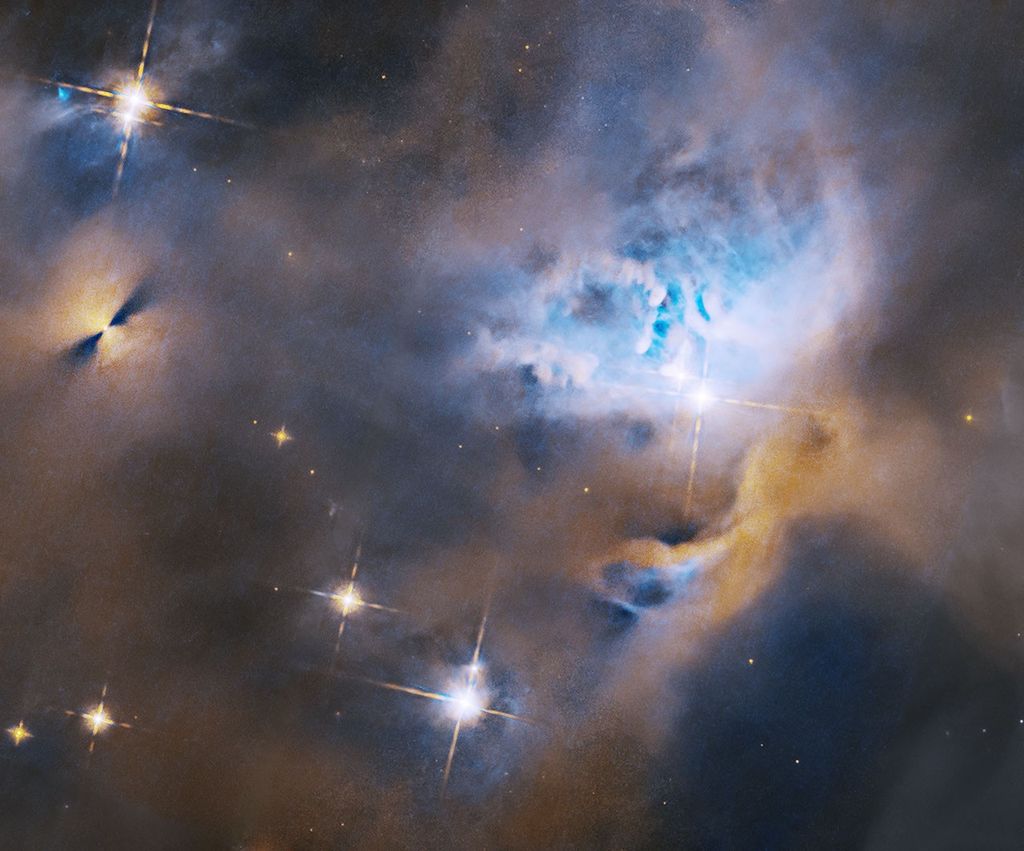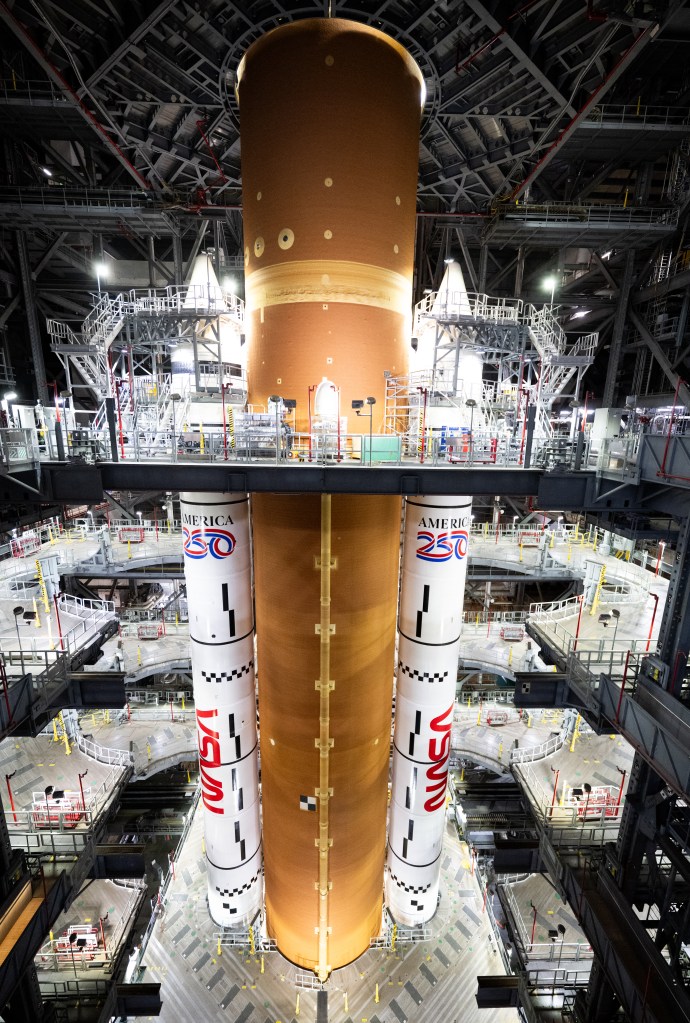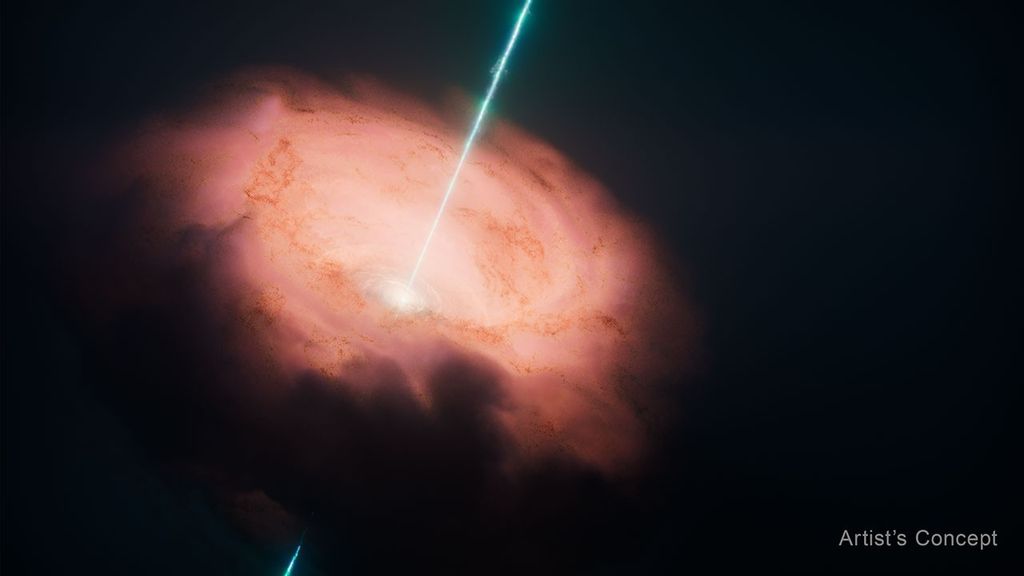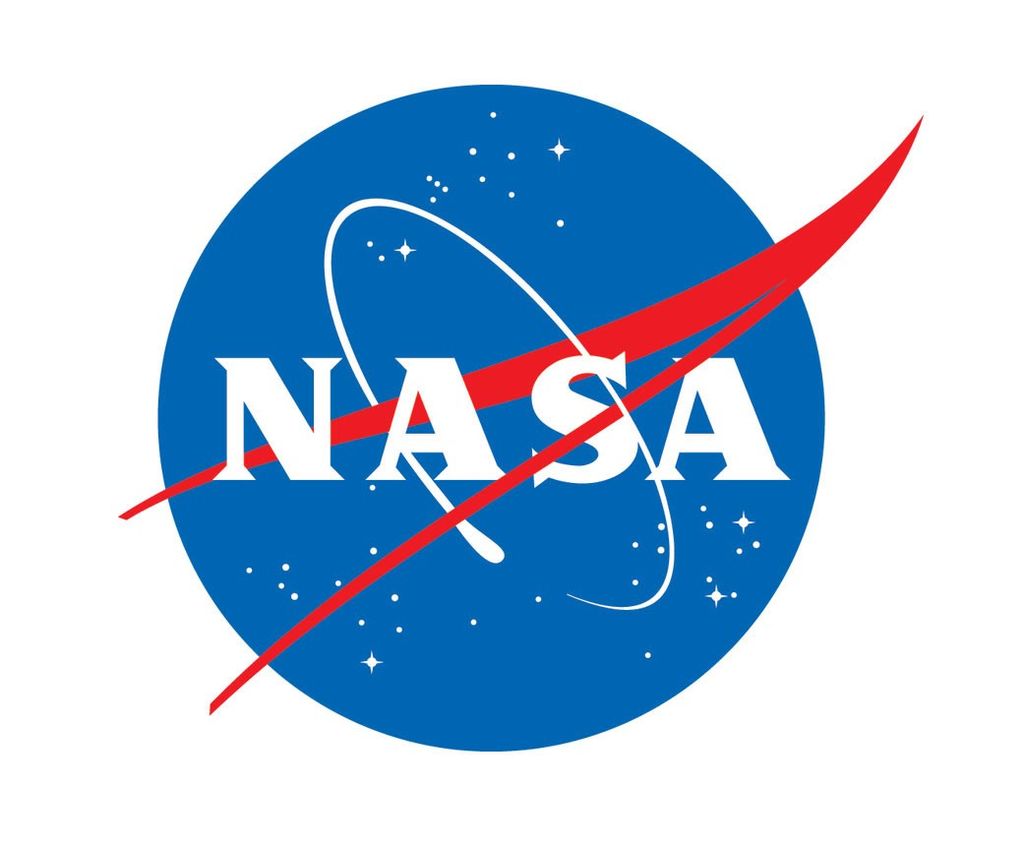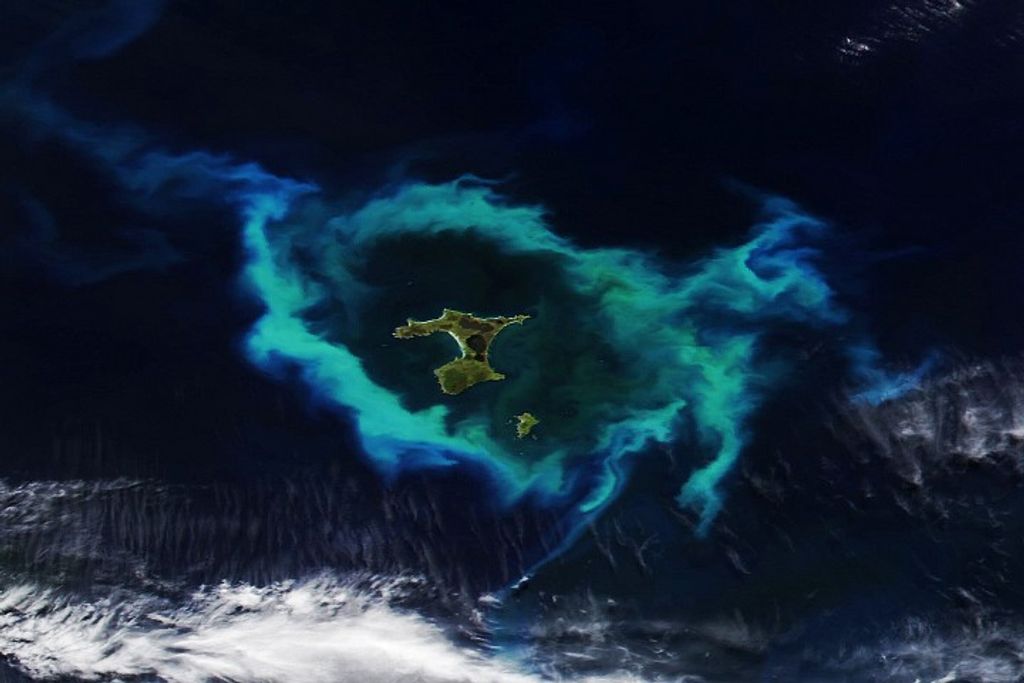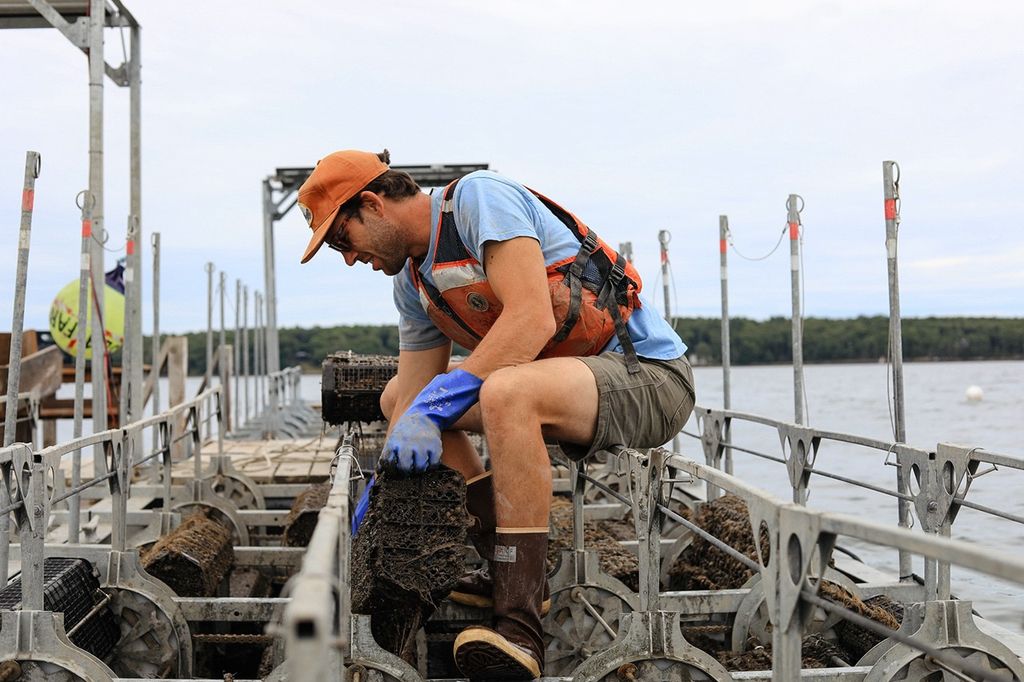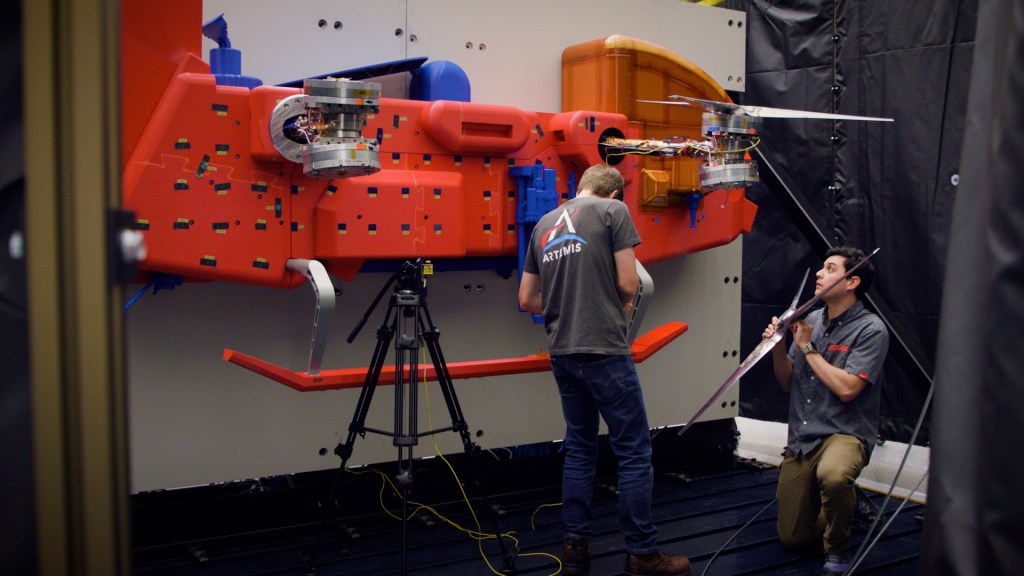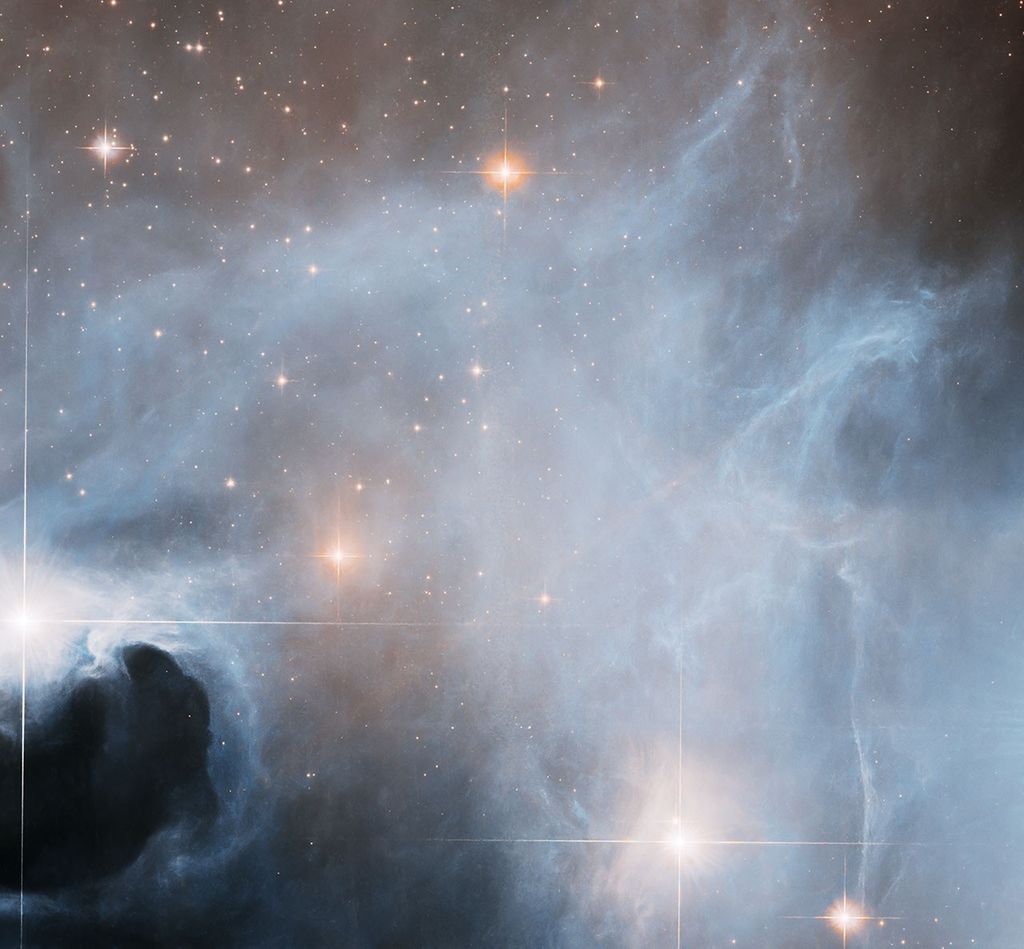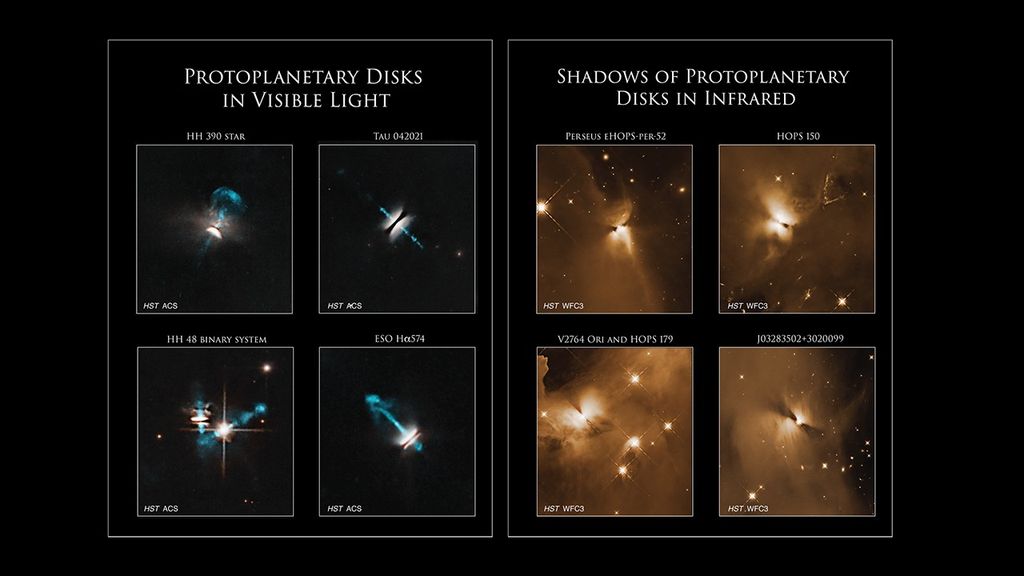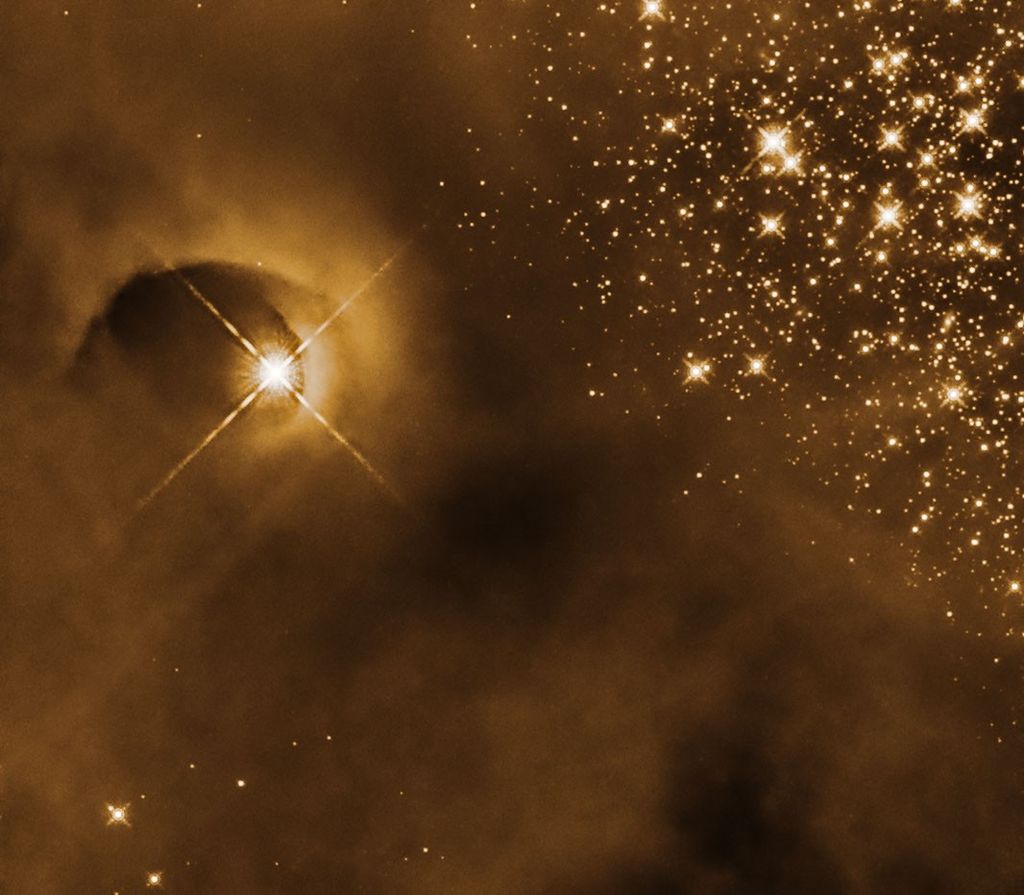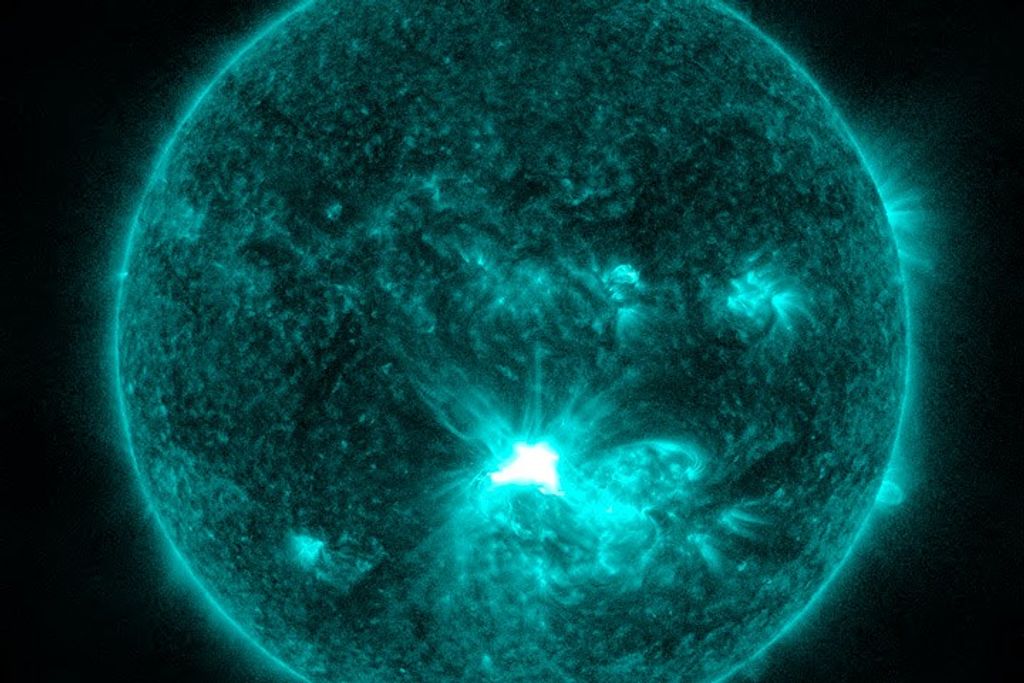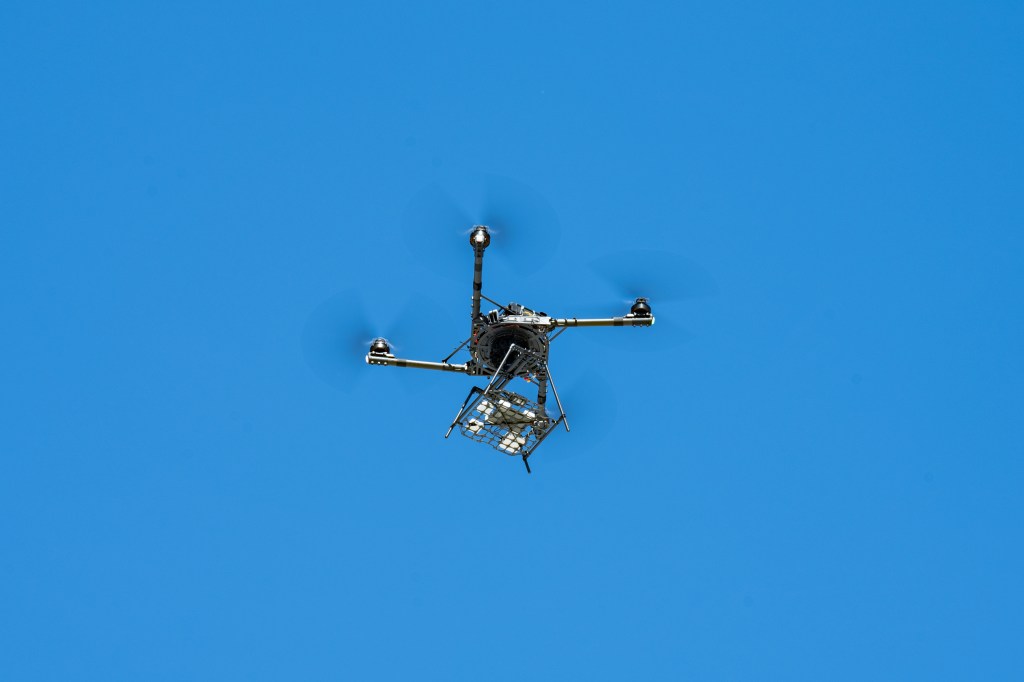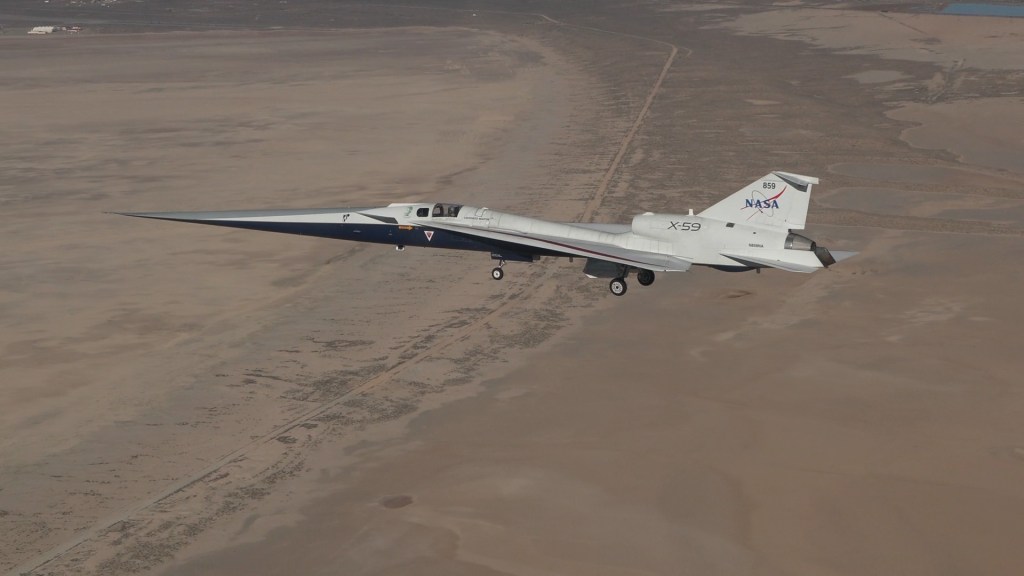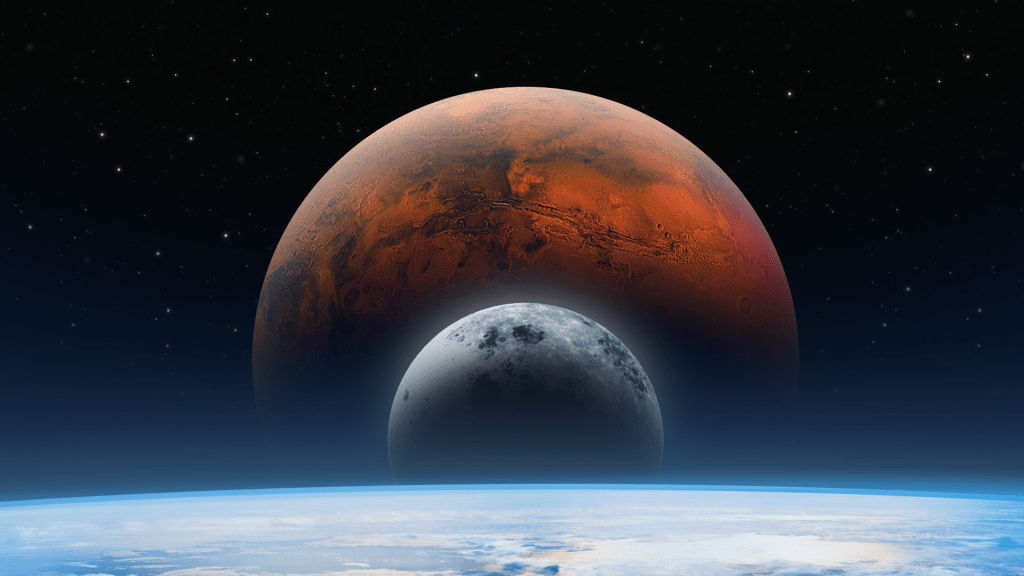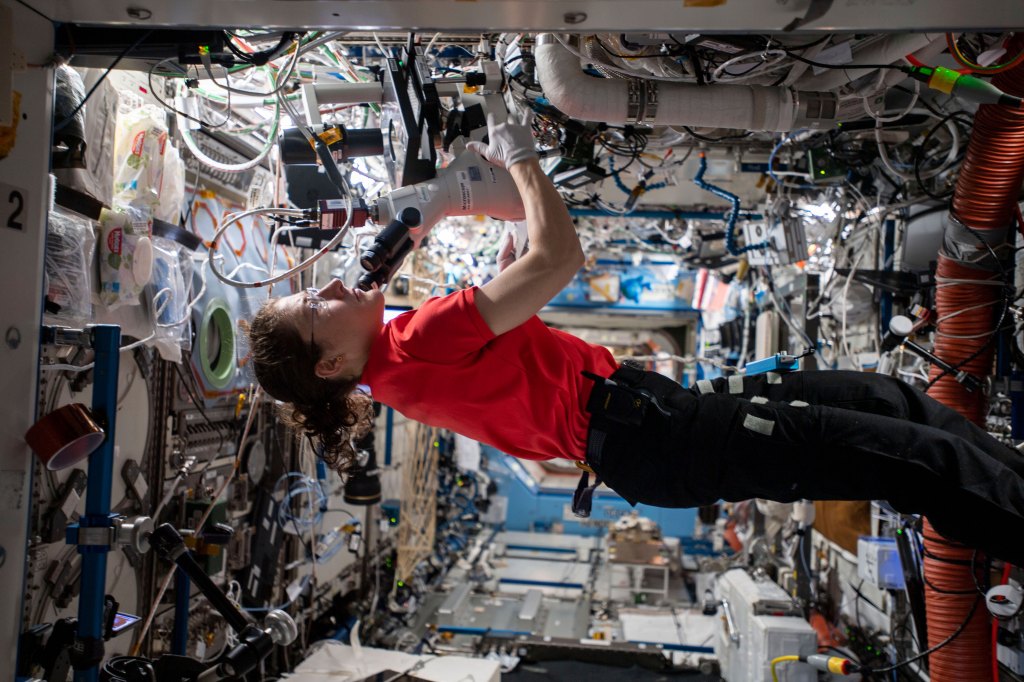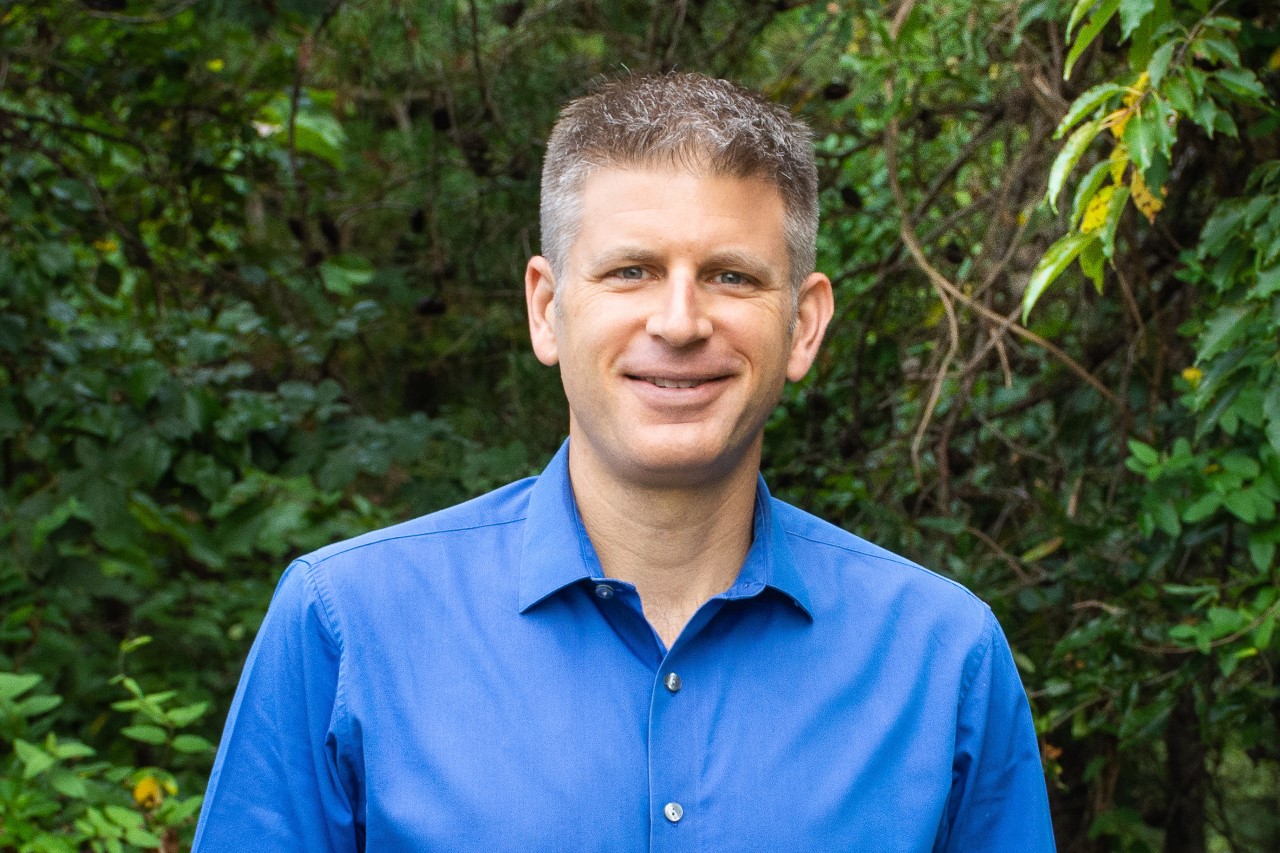Name: Douglas Morton
Title: Chief of the Biospheric Sciences Laboratory and Adjunct Professor at the University of Maryland
Formal Job Classification: Research Physical Scientist
Organization: Code 618
What do you do and what is most interesting about your role here at Goddard?
I’m the chief of the Biospheric Sciences Lab, which is the largest lab in Earth sciences here at Goddard. My own research focuses on fires, forests and food production. I use satellite data to track fire activity and forest disturbances, airborne lasers that are able to map ecosystems in three dimensions, and field data to track how ecosystems are changing over time.
In my lab, we have activities supporting the development, calibration and on-orbit maintenance of our fleet of Earth-observing satellites. My research is not only using today’s generation of satellite technology, but also starting to help design the next generation of measurement tools and technologies.
How long have you worked at Goddard and why do you stay?
I’ve been at Goddard for the last decade. NASA’s willingness to make data sets freely and openly available to the world puts us in a really transparent environment. I think that’s been a really nice backdrop for the work that we do to provide information that can help make some careful and strategic decisions about a sustainable future. My focus is really on the fact that we have an opportunity to make decisions that put us on a path towards a safe and prosperous future for our home planet.
Where did you begin your research career?
I started off studying monkeys in east Africa and quickly learned that the habitat they depended on was becoming more and more fragmented by development. The best way to study that problem probably wasn’t from the ground, it was to scale up and use other tools, such as satellites. In 2000, I made the jump from working almost exclusively in Africa to try to answer some of those same questions in the Amazon. This was right at the time when deforestation was at record levels and climate conditions like El Niño were starting to give us reason to worry about the future of the Amazon. Natural ecosystems are constantly changing. At the Amazon frontier, these changes reflect the combination of longer dry seasons and severe droughts, widespread deforestation for cropland and pasture. Tracking these changes across an area ten times the size of Texas is only possible using satellite data.
Have you always been interested in Earth science?
I’ve always been fascinated by the natural world and I quickly came to the realization that we are working in a managed environment. Of course, I am fascinated by the complexity and beauty of intact ecosystems, far from the direct influence of humans, that’s not the world we’re in today. So, I shifted towards opportunities and solutions to thinking about how we could better achieve a sustainable outcome by carefully managing the planet. That brought me from thinking about the most remote landscapes back out to the frontier where things were changing and happening.
You’re multilingual. Why have you taken the time to learn additional languages?
I really enjoy languages. I started working in Brazil in 2000 and quickly learned that if I wanted to get the most out of my time in the field, I needed to be able to talk to the local communities as well as my science colleagues. On my first trip to the Amazon, I didn’t speak very much. I came back from that first trip and invested time and energy into getting a foundation in Portuguese, and over the last two decades I’ve spent time perfecting that in a science and a workplace setting. Now, I’m comfortable giving lectures, communicating with my science colleagues and publishing papers in Portuguese.
Portuguese and English are my strongest languages. I’ve spent time studying French, and I worked in east Africa long enough to build up a working knowledge of Swahili.
Is there something surprising about you that people do not generally know?
In college I was in a ska band and an acapella group, so there’s a singing and musical part of my personality that people don’t usually see. I have always been musical; I grew up playing the trumpet and the piano. I was more classically trained in piano, and I thought it’d be fun to break into jazz, funk and ska music.
What is your favorite way to relax at home?
My wife and I were both swimmers, and I played water polo in college. Put us anywhere near water and we’re happy. My parents now live up in New Hampshire, we were just up there a couple weeks ago. Getting into the mountains is a nice antidote to the intensity of Washington. D.C. is very energizing, but it’s also very draining if you’re in town too long. Water skiing, sailing, kayaking, swimming, and teaching my girls how to fish, that’s relaxing to us.
By Madison Arnold
NASA’s Goddard Space Flight Center, Greenbelt, Md.

